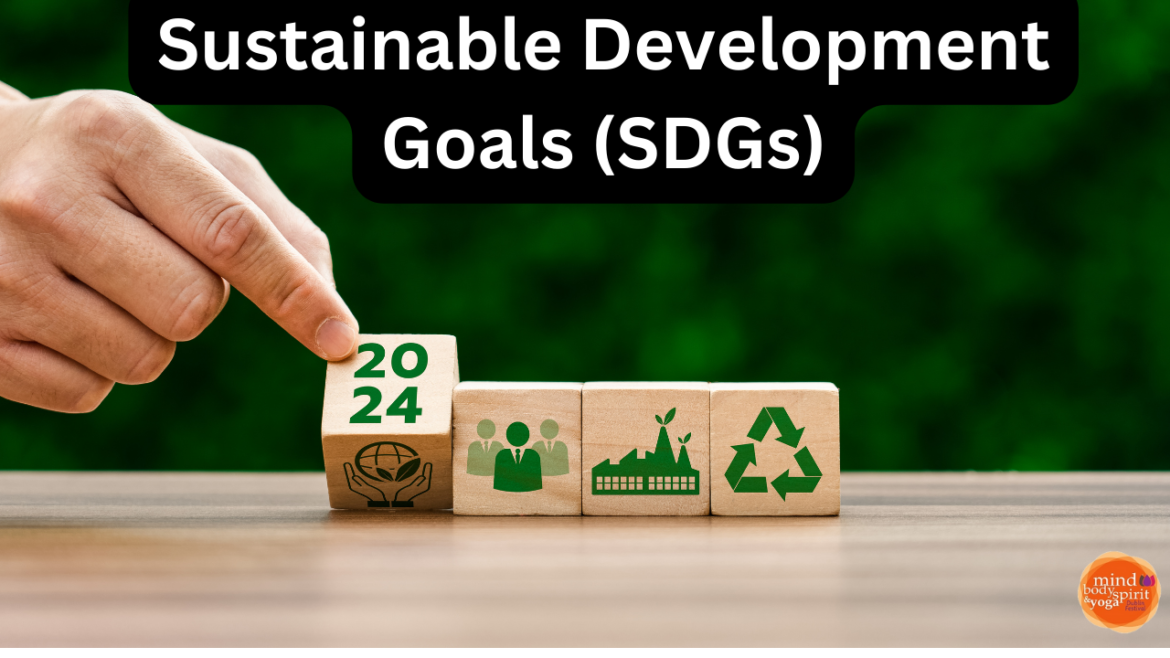In an era marked by unprecedented global challenges, the United Nations Sustainable Development Goals (SDGs) stand as a beacon of hope, guiding nations towards a more equitable, resilient, and sustainable future. In Ireland, the pursuit of the SDGs has become a national imperative, shaping policies, initiatives, and partnerships aimed at addressing pressing social, economic, and environmental issues. In this blog post, we delve into Ireland’s journey towards achieving the SDGs, examining progress, challenges, and the transformative impact of collective action.
1. Understanding the SDGs:
- Provide an overview of the 17 SDGs, spanning areas such as poverty eradication, gender equality, climate action, and sustainable economic growth.
- Discuss the interconnectedness of the SDGs and the holistic approach required to address complex global challenges.
2. Ireland’s Commitment to the SDGs:
- Explore Ireland’s endorsement of the SDGs and the integration of sustainable development principles into national policy frameworks.
- Highlight the Irish government’s commitment to implementing the SDGs through initiatives such as the National SDG Implementation Plan and the Voluntary National Review process.
3. Progress Towards SDG Implementation:
- Assess Ireland’s progress in achieving specific SDGs, such as quality education (SDG 4), clean water and sanitation (SDG 6), and affordable and clean energy (SDG 7).
- Provide examples of successful initiatives and partnerships driving progress towards SDG targets, including government programs, civil society initiatives, and private sector collaborations.
4. Challenges and Roadblocks:
- Identify key challenges and obstacles hindering Ireland’s efforts to achieve the SDGs, such as income inequality, housing affordability, and climate change adaptation.
- Discuss systemic barriers and structural inequalities that disproportionately affect marginalized communities and hinder inclusive progress.
5. Climate Action and Environmental Sustainability:
- Highlight Ireland’s commitment to climate action (SDG 13) and the transition to a low-carbon economy, as evidenced by policies like the Climate Action Plan and the Green New Deal.
- Discuss efforts to promote renewable energy, reduce greenhouse gas emissions, and enhance resilience to climate-related hazards.
6. Social Inclusion and Equality:
- Explore initiatives aimed at promoting social inclusion and reducing inequalities, particularly in areas such as healthcare, education, and employment (SDG 3, 4, 8).
- Discuss strategies to address systemic barriers faced by marginalized groups, including immigrants, refugees, LGBTQ+ individuals, and persons with disabilities.
7. Partnerships for Progress:
- Emphasize the importance of multi-stakeholder partnerships in advancing the SDGs, involving government agencies, civil society organizations, businesses, academia, and local communities.
- Highlight successful examples of cross-sector collaboration and collective action driving sustainable development outcomes in Ireland.
8. Citizen Engagement and Empowerment
- Discuss the role of citizen engagement, activism, and grassroots movements in driving progress towards the SDGs, empowering individuals to advocate for change and hold decision-makers accountable.
- Showcase examples of community-led initiatives and social enterprises championing sustainable development at the local level.
Conclusion:
As Ireland charts its course towards a more sustainable and inclusive future, the journey towards achieving the SDGs represents a collective endeavor that transcends boundaries and unites diverse stakeholders in a shared vision of prosperity and well-being for all. By harnessing the power of innovation, collaboration, and social responsibility, Ireland can continue to lead by example, inspiring positive change at home and abroad. As we navigate the challenges and opportunities ahead, let us remain steadfast in our commitment to the SDGs, knowing that our collective efforts today will shape the world of tomorrow.
